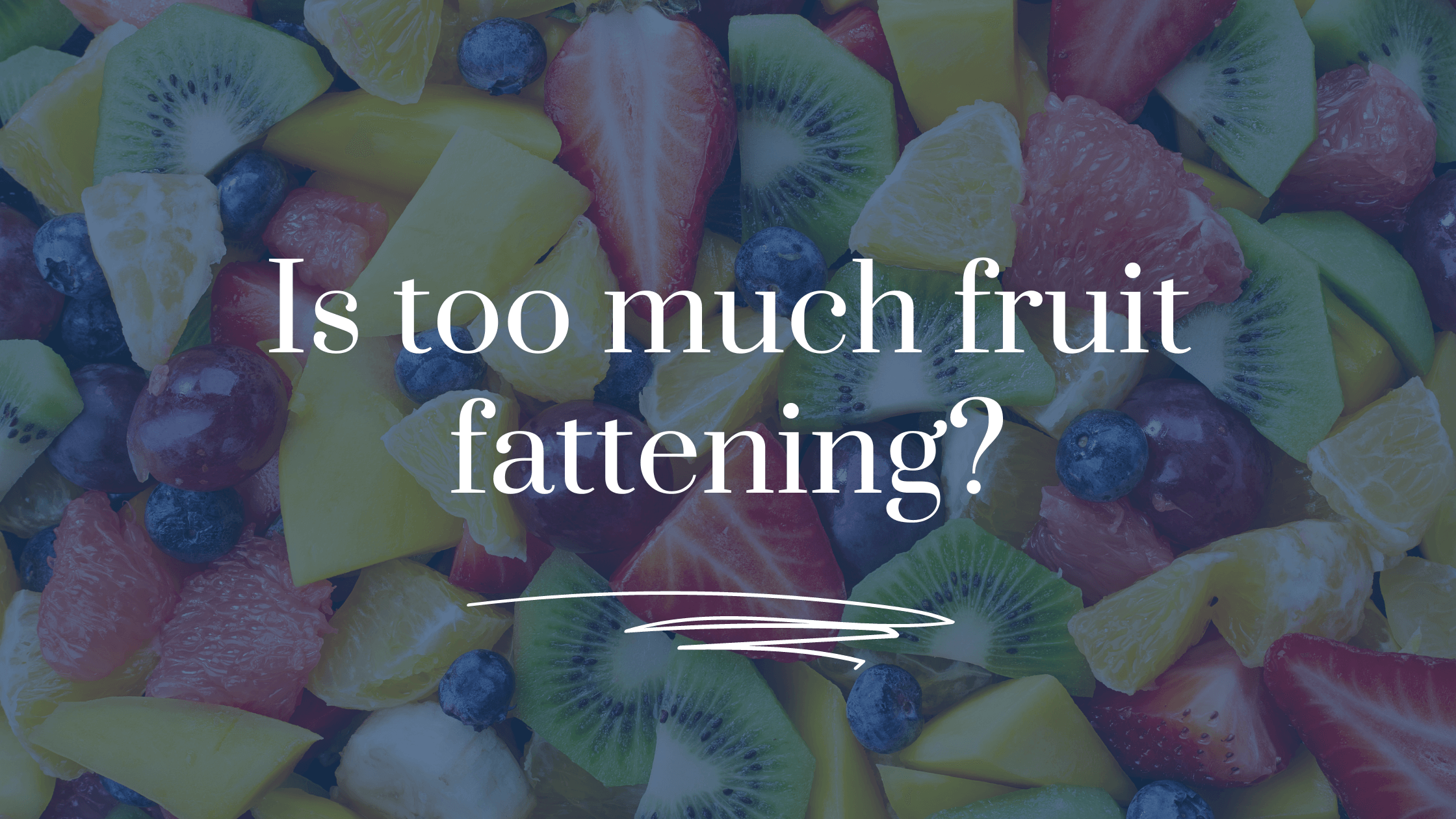Is Gluten Free Healthier? Should You Cut Out Gluten?
For people with an allergy or intolerance, cutting out gluten from their diet makes a lot of sense.
But around 30% of people are avoiding gluten – even without any sensitivities – because some think it’s healthier for you.
But is it really healthy to cut gluten out of your diet?
When you look at nutrition science, cutting out gluten from your diet may not be better for you.

Why should you not cut out gluten?
1. Gluten-free foods are often more processed and contain fewer nutrients.
Gluten-free products contain less fibre, fewer micronutrients and tend to cost more. So you end up paying more money for an inferior product. Not cool.
2. Gluten-free diet may increase risk of diabetes
New research shows people who consume more gluten are 13% less likely to have diabetes.
People with the highest gluten intake – 12g per day – had the lowest risk. They also consumed less cereal fibre, which is linked with a lower risk of getting diseases like diabetes.
3. Higher levels of toxic metals with a gluten-free diet
Getting too much Arsenic and mercury can increase your risk of developing serious diseases like cancer.
Research has found that levels of toxic metals were significantly higher in people who followed a gluten-free diet. Mercury levels were 70% higher for gluten-free dieters, while arsenic levels were almost twice as high.
Take home message?
Don’t cut out gluten (or any other food-group) from your diet unless you have a genuine sensitivity or allergy.
- Nutrition fads come and go.
- When it comes to nutrition, be cynical.
- Look into the research.
- Don’t trust everyone who calls herself a nutrition expert.
- Consider the size of the study and whether it was done for long enough to show anything valid.
Trends will come and go. But balance always seems to always come out on top.






